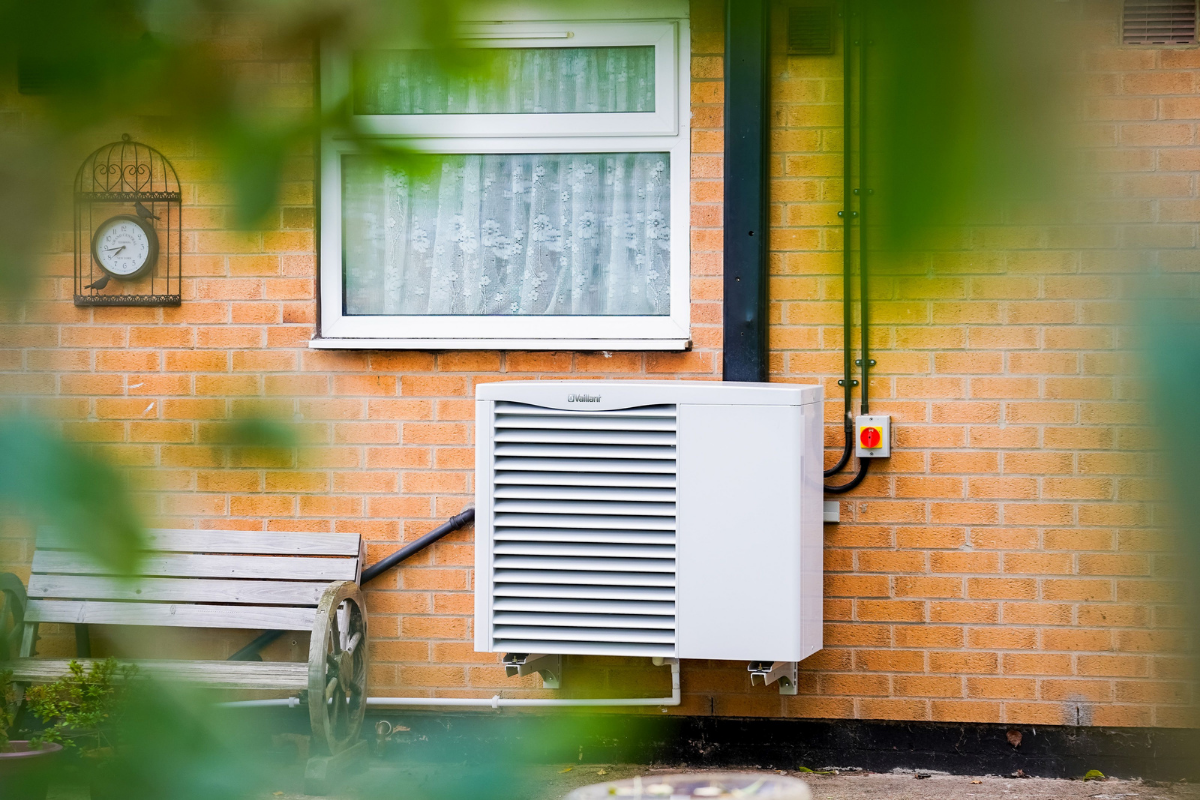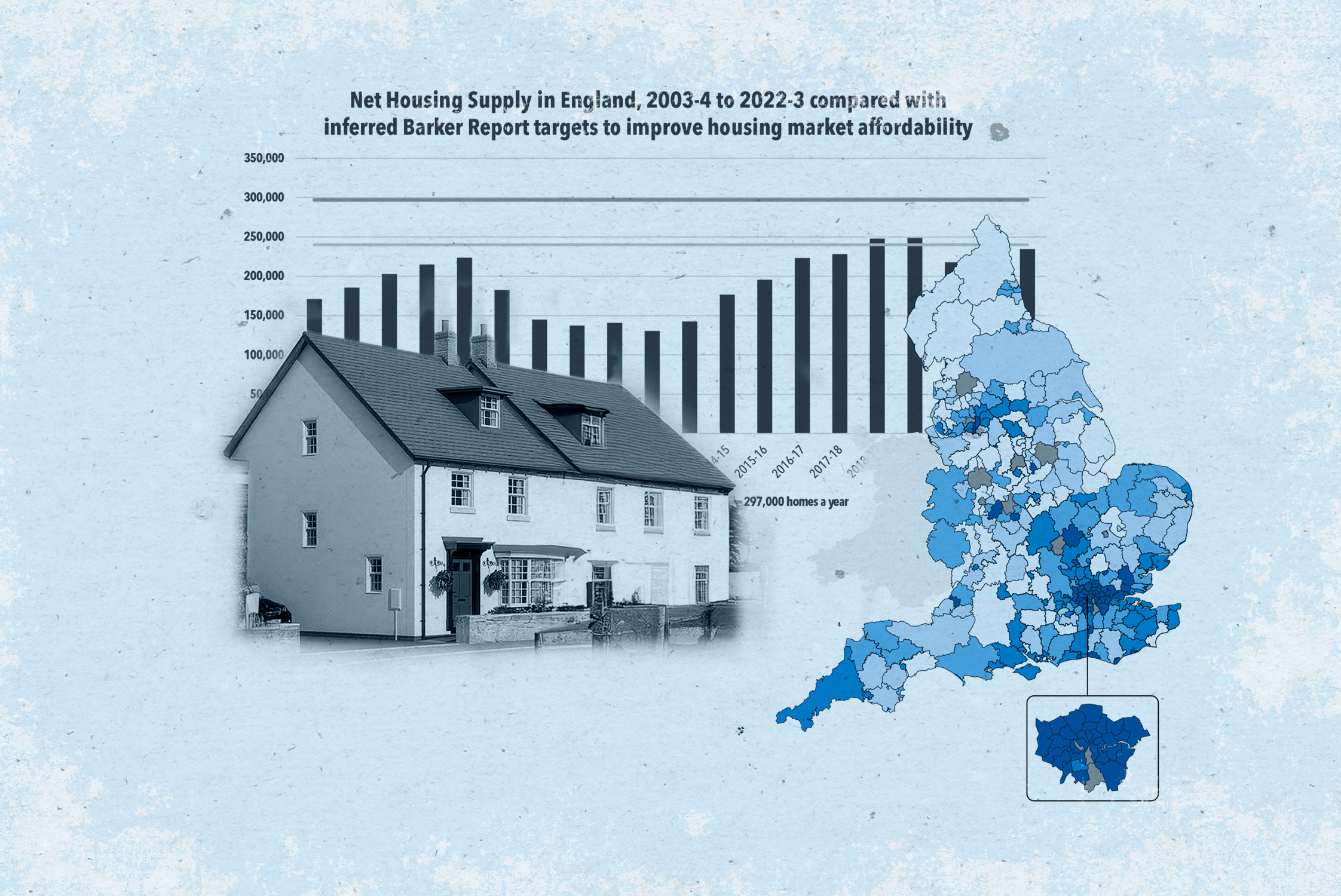You are viewing 1 of your 1 free articles

Stew Horne is head of policy at the Energy Saving Trust
Transforming our homes for a sustainable future: the urgent need to retrofit
Instead of viewing net zero policies as placing an unnecessary cost on households, we want to see the UK government recognise the significant and long-term cost benefits of policies designed to improve the energy efficiency of homes, writes Stew Horne
The UK government’s recent weakening of several net zero policies is highly likely to raise household bills and make it harder to reach our legally binding 2050 zero emissions target. This is the conclusion of independent advisors, the Climate Change Committee.
The prime minister recently announced that homeowners will not be obliged to make what he called “expensive upgrades” to retrofit their homes. However, failing to act and upgrade the UK’s inefficient housing stock is subjecting households to much higher energy bills and will lock these into the future.
With high energy costs continuing to impact households, we need the UK government to engage and support them on the path to net zero, not backtrack on commitments and delay action.
Instead of viewing net zero policies as placing an unnecessary cost on households, we want to see the UK government recognise the significant and long-term cost benefits of policies designed to improve the energy efficiency of homes. Retrofitting does involve upfront costs but reduces energy bills significantly, meaning the measures pay for themselves over time.
That means it’s crucial to help people to bridge those upfront costs through grants or low-cost finance. There are two key policies that would help to do this, while permanently reducing household energy bills and carbon emissions: a national home retrofit programme supported by a national energy advice service.
“Failing to act and upgrade the UK’s inefficient housing stock is subjecting households to much higher energy bills and will lock these into the future”
Our latest research into homeowner attitudes across England shows that there’s significant interest from people in upgrading their homes, both to reduce energy bills and cut carbon emissions. A total of 82% are concerned about the climate emergency and 88% are worried about their energy bills this winter and beyond. When it comes to home improvements, 86% are interested in making them to reduce their energy bills, while 82% are interested in upgrading their property to reduce its carbon footprint.
While it’s clear from our findings that homeowners are keen to play their part, they need more guidance on how to make home energy efficiency improvements. The retrofitting process can be complex, requiring personalised advice linked to a property’s age, fabric type and level of maintenance.
Our research shows that half (48%) of homeowners in England don’t know where to get independent, impartial advice on making improvements to reduce their home’s carbon emissions through improved efficiency. And 39% aren’t confident in assessing where to start in this process. Furthermore, just 17% think that the UK government is providing a good level of support in terms of advice to help households reduce their energy use.
To harness this motivation and empower households to retrofit their homes, we are calling on the UK government to introduce a national retrofit programme in England that would roll out and co-ordinate energy efficiency improvements at scale.
This should be supported by a free, independent, tailored national home energy advice service in England, similar to schemes in place in other parts of the UK and Europe. Such a service would give people the confidence to install the right measures for their homes, refer them to appropriate grant or finance schemes, which will help them avoid upfront costs, and connect them with locally accredited installers
“Retrofitting does involve upfront costs but reduces energy bills significantly, meaning the measures pay for themselves over time”
The positive impacts that this would have on people’s homes, energy bills and the wider economy is evidenced by research we undertook on behalf of the Climate Change Committee into climate policies in other parts of the UK and the world. France’s national advice-led retrofit programme, for example, helped to deliver 670,000 home renovations in 2022. While in Scotland, 47% of customers of the Home Energy Scotland service in 2021-22 installed at least one energy efficiency measure, low-carbon heating or renewable energy improvement after receiving advice from an advisor.
The economic and energy security benefits of policies that improve home energy efficiency have been repeatedly proven. By contrast, the OBR has shown that dependence on gas imports could be twice as costly in debt as public investment in the transition to net zero.
The period from now to 2030 will be pivotal for the future of our country and our planet. Now is the time for scaling up action to provide industry and the public with confidence in net zero and bring energy costs down. Delaying targets risks us being left behind while the rest of the world makes a just transition to a low-carbon future.
Stew Horne, head of policy, Energy Saving Trust
Sign up for our asset management newsletter
Already have an account? Click here to manage your newsletters












